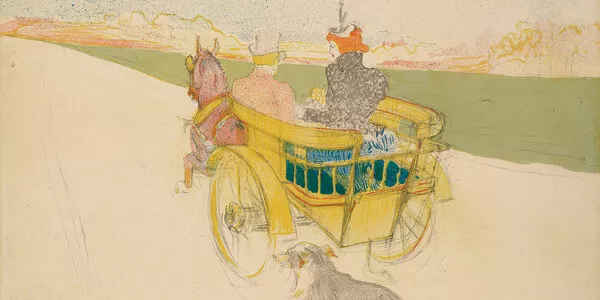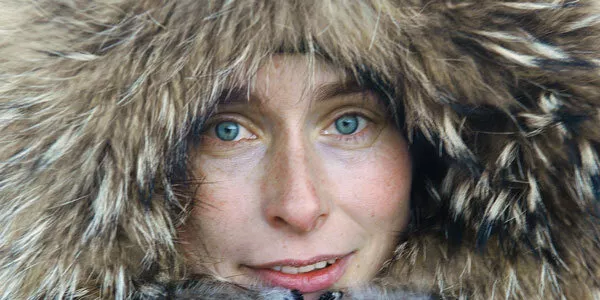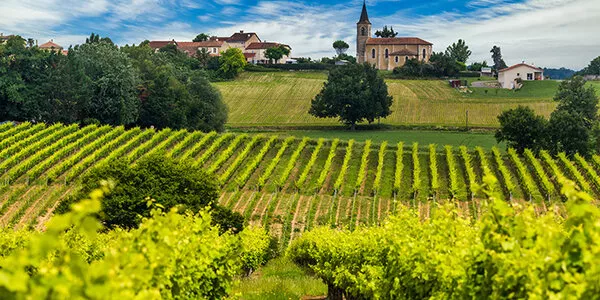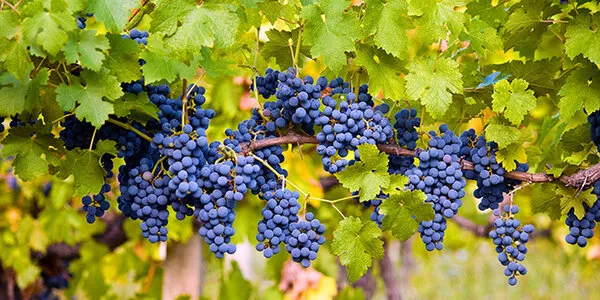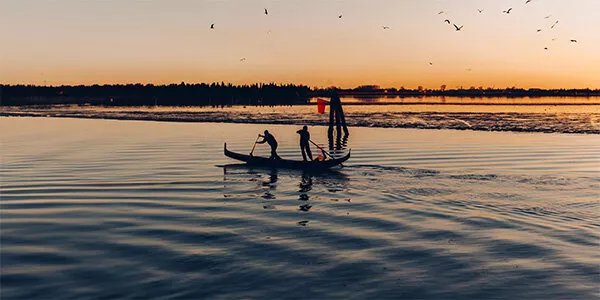
Trending now #2

All is not well with tits and flycatchers
Global warming has accelerated the proliferation of caterpillars. Fond of these tasty insect snacks, members of the tit bird family are laying their eggs earlier in the year to take full advantage of this situation. The problem: their reproductive season now occurs at the same time as members of the flycatcher bird family return from migration.
Competition for nesting sites is fierce. To protect their eggs, the tits turn ferocious, attacking their rivals... to the point that the survival of the flycatcher family is now threatened. A clear illustration of the importance of protecting the balance of different ecosystems.

South Korea is betting on seaweed
Marine plants have many benefits for our health and the environment. Rich in nutrients but low in calories, algae can help in the fight against malnutrition and the overconsumption of junk food. They may also reduce the risk of contracting cardiovascular disease or breast cancer. Algae are also able to capture and store CO2. This food is also a delight for the taste buds and can be enjoyed in many different ways: fresh, grilled, in soup or as chips. South Korea has made it a major asset in its economy and its algae exports, particularly in snack-form, are booming.

Prix Marcel-Duchamp
Éric Baudelaire won the celebrated contemporary art prize for Tu peux prendre ton temps, an installation whose centrepiece is a feature film directed by, and featuring, twenty students from the Dora Maar college in Saint-Denis. The 47-year-old artist combines photography, video and performance, reality and fiction, to explore contemporary issues, especially those related to war.
Societe Generale thus counts a new award-winning artist amongst those featured in its collection, having already acquired one of Baudelaire’s very first works, Attente — taken from the photographic series “États imaginés” — produced in Abkhazia,in the west of Georgia, in 2005.

First tourists in space
This year, NASA will authorise the first commercial space flights. It will allow two American companies — Boeing and SpaceX — to use the International Space Station (ISS), placed in low Earth orbit, on a commercial basis. Each year, two short missions (thirty days maximum) will welcome a few lucky astronauts. The cost of a one night’s board? About 35,000 dollars per person.

Aboard a hybrid boat
In the particularly polluting cruise ship sector, the Norwegian company Hurtigruten is steering a greener course. Last summer, they launched the very first hybrid-powered vessel, the MS Roald Amundsen. Designed for fjords and other sensitive areas, it reduces fuel consumption by 20% and CO2 emissions by 3,000 tonnes / year. By 2021, the company will have built two more hybrid-powered ships and converted six existing ones.
These will run on liquefied bio-gas produced from the remains of dead fish and other organic waste.

The Houston sky pool
Vertiginous thrills guaranteed. The Market Square Tower swimming pool in Houston is 150m above the ground and offers spectacular views of the Texan metropolis. As an additional thrill: part of the pool is suspended over the void between the skyscrapers. The transparent plexiglass bottom gives swimmers the feeling of floating in mid-air. Not for the faint-hearted!

Argentinian connoisseurs of meat
There are connoisseurs of wine, coffee, olive oil ... and, since the end of 2019 in Argentina, official “connoisseurs of meat”. These 36 men and women are all experts in the taste, flavour, cooking and origins of meat. They are the first graduates of the Escuela de Sommelier de Carnes, created by the Faculty of Veterinary Sciences of the University of Buenos Aires. This nine-month training course is aimed at all of the stakeholders in the sector, including breeders, traders, butchers, restaurateurs and chefs. In a country where meat is king, being initiated into the world of its mouth-watering secrets is essential.

Artificial Intelligence finishes a Beethoven Symphony
To mark the 250th anniversary of the birth of Ludwig van Beethoven, a team of musicologists, musicians and computer scientists is developing “articifial intelligence” capable of learning and copying the great composer’s style. The goal: to complete his Tenth Symphony, which remained unfinished at his death in 1827. To achieve this, the AI has analysed 150 pieces of music and is being guided by the Austrian composer, Walter Werzowa.
